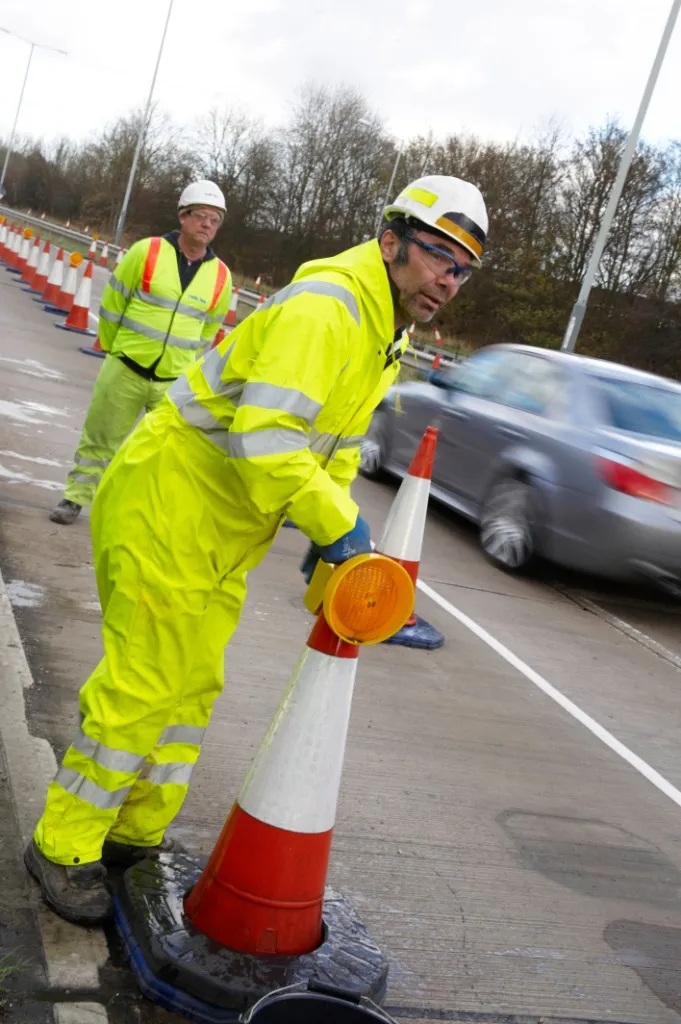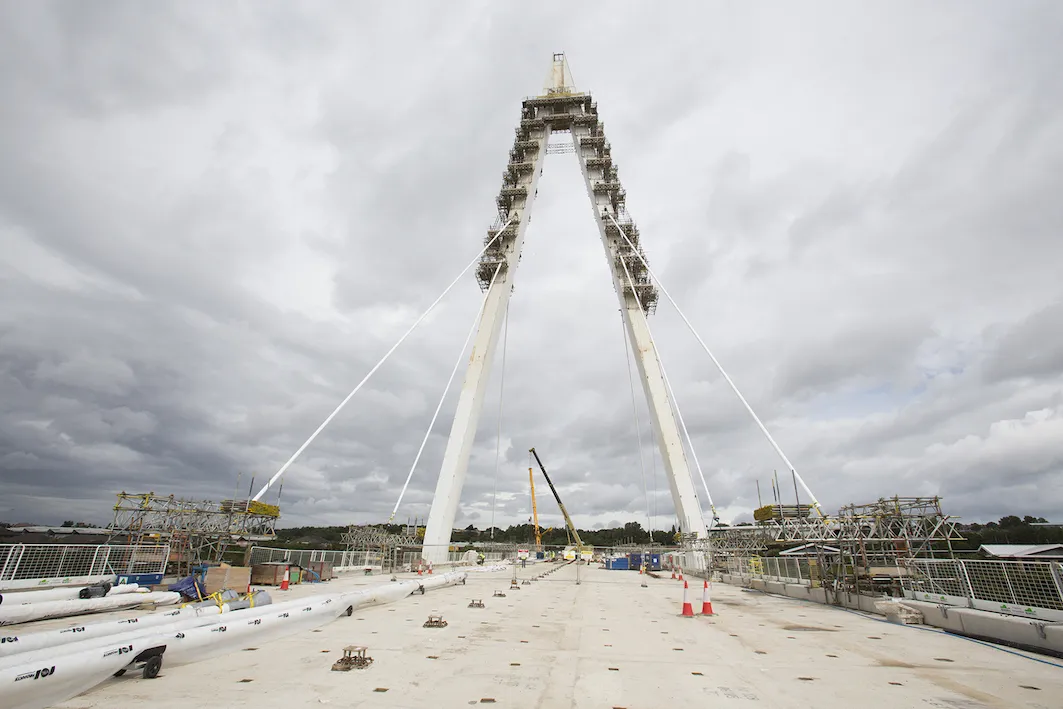
“Think about it. In the Plague of Justinian in 541 and 542 AD, approximately 100,000,000 people died, making this event recognised as the worst epidemic in history. The second worst epidemic was the Black Plague in 1346 to 1350 with 50,000,000 people dying. Assuming a conservative estimate of 1,000,000 deaths on our roads each year since 1960, this would mean almost 60,000,000 people have died on our roads in the past 60 years, making road carnage statistically the second worst epidemic in history,” says Michael G. Dreznes, Executive Vice President of the International Road Federation and a tireless advocate for road safety for the last 30 years.
Against this backdrop, the
“What are we doing differently since 2010? Are we aware of the problem? Are we aware of the vaccines that are available right now to reduce the levels of fatalities due to the global road safety epidemic? Yes, these vaccines do cost money, but should a road authority not have a moral obligation to make these vaccines available to stop the epidemic of deaths on the roads in their country?” added Dreznes.
A significant milestone was reached in January 2015 when the IRF released a policy statement calling for stringent safeguards across all new projects funded by multilateral development banks. Echoing the call formulated by the IRF, the World Bank adopted in April 2016 an Environmental and Social Framework which provides new traffic safety safeguards applicable to all loans and grants with road construction components from October 2018.
Building on this new momentum, the IRF introduced in June 2017 the world's first Global Credential Program for Road Safety Audit Team Leaders, recognising the essential role of road safety audits to drive change in safe road design practices. The Global Credential Program remedies a critical gap in professional qualification programs by offering a pathway for seasoned road safety auditors who wish to enhance their qualifications at home or seek work abroad. Candidates are required to take an online knowledge qualifying exam and submit a complete application presenting their professional track record, and details of the projects they have audited to be admitted into the program.
“Equipped with these tools and with the looming 2020 deadline fast approaching, everyone needs to make the effort to learn about the road safety vaccines either on-line, in magazines, in exhibitions, in conferences or in training courses and then use this knowledge to stop the carnage on our roads. The IRF offers a variety of road safety training programs, and we always include a road safety track in its Regional Congresses, which are conducted around the world. Act today to make a difference tomorrow”.
Grow your Road Safety Skills with IRF
For 70 years, an essential part of the International Road Federation’s mission has been the organisation and delivery of continuing education services that help build the skills of road professionals and contribute to the dissemination of knowledge and expertise worldwide. Today, the IRF’s world-class curriculum of certified courses delivers unparalleled technical and management expertise in classroom and practical settings where attendees can learn from, and have direct access to, seasoned professionals.
Road safety courses currently offered:
• IRF Global Credential for Road Safety l Audit Team Leaders
• Road Safety Audits and Inspections
• Roadside Safety Management
• Vulnerable Road User Safety
• Introduction to Tunnel Safety
• Speed Enforcement & Management
• Work Zone Safety
• Post-Crash Investigation
Find out more at
%$Linker:








